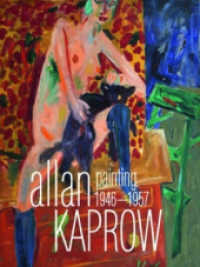Full Description
This book acknowledges the existence of high quality nonfiction children's literature that may serve as a basis for conversation about civic engagements and our roles as global citizens. It touches on our social history, and offers ideas for how educators might be able to engage readers in healthy and useful dialogues on what it means to be human and how nonfiction texts attempt to reconstruct this reality in this quest to recognize our collective humanity.
Contents
List of Tables
Preface
Acknowledgments
Chapter 1: Critical Conversations: Approaches Some Authors Have Adopted to Address
Social Issues
Vivian Yenika-Agbaw
Chapter 2:You Too Can Make a Difference: Young Civil Rights Activists
Terrell A. Young, Barbara A. Ward, and Deanna Day
Chapter 3: Advocating for Immigrant Experiences in Nonfiction Literature
Ruth McKoy Lowery, Kathleen Colantonio-Yurko and Cody Miller
Chapter 4:Teaching for Social Justice: Nonfiction Texts and Multi-genre Writing
Ann Berger-Knorr and Mary Napoli
Chapter 5:Sixth Grade's Inquiry into the World War II Japanese Internment Camps
Yoo Kyung Sung and Junko Sakoi
Chapter 6:Critical Conversations Using Native American Autobiographies
Paul H. Ricks
Chapter 7:Biographies as Bibliotherapy: Using Nonfiction to Help Boys Overcome
Bullying
Lunetta M. Williams and Kelly C. Scott
Chapter 8:Creating Spaces for Critical Conversations on Issues of Social Justice
Mary Ellen Oslick, Terri Robertson and Melissa Parks
Chapter 9: Helpful Resources to Engage Children in Conversations on Social Issues in
Nonfiction Literature
Suzanne Chapman, Mario Worlds, and Soowon Jo
Contributors' Biography







